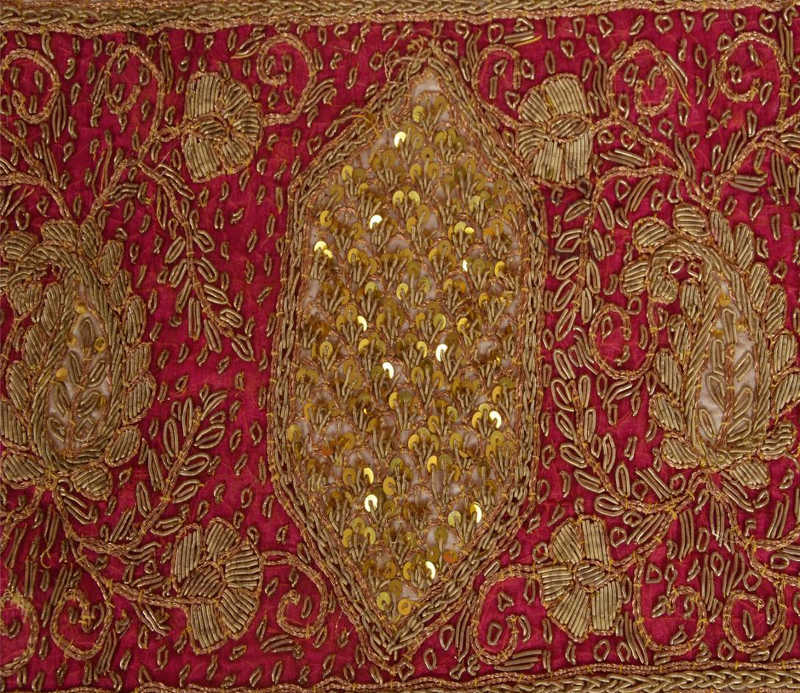===
0544,
9
===

=== |
 |
FWP:
SETS
MOTIFS == [BELOVED IS NOT GOD]; EROTIC SUGGESTION
NAMES
TERMS == 'ELEGANCE IN ASSIGNING A CAUSE'The idea that this verse is spoken to a half-asleep girl by a female cousin, or some other random relative who has been sleeping nearby, doesn't really commend itself. It's hard to imagine that family members waking up together in a summer's dawn, yawning and getting their bedding together, would begin the day by saying that kind of extravagant, erotically charged thing to each other. It's much easier to suspend our disbelief in the case of a lover than in the case of a female cousin or other relative.
For of course it's just the kind of hyperbolic conceit that would occur to a lover, or at least to some erotically responsive observer. And such a person would probably be located not at a distance but close by, therefore probably in bed with the addressee. For the verse is specifically not about the glitter of diamonds, which would be visible in the dim pre-dawn at a distance, but about the glow of pearls, and that too of their subtle change in color through shifting proximity to the beloved's cheeks. (Or to her long black curls, which would intermittently conceal the pearl earrings as she turned over, and would thus create the effect of twinkling stars.) Even if we imagine that her cheeks shine like headlights, the pearls will change color only a bit in response-- so that the change would be visible only to someone close at hand. And that person would then say something erotically complimentary to his awakening beloved.